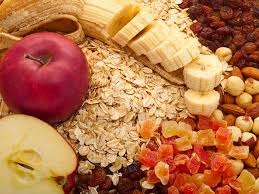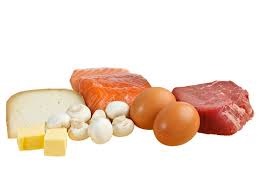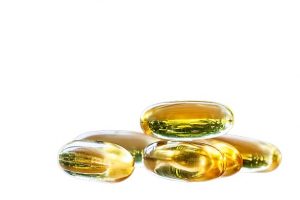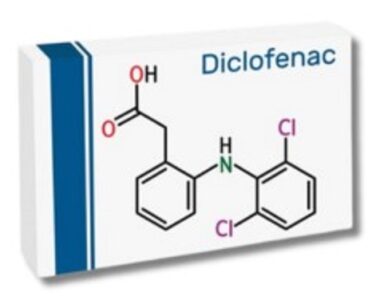No products in the cart.

The Best Ways to Nourish Your Heart
The Best Ways to Nourish Your Heart

Fiber
The Best Ways to Nourish Your Heart
Breakfast cereals made with oats and bran are good for your heart. They contain soluble fiber, which is useful in reducing levels of “bad” LDL cholesterol.
Beans and healthy grains like barley are also good sources. Although a high-fiber diet is ideal, you can also obtain it from supplements like psyllium.

Sterols And Stanols
Some fruits, vegetables, nuts, and seeds contain these nutrients. They work by preventing cholesterol from being absorbed by the body. Choices include almonds, peanuts, olive oil, and Brussels sprouts.
Sterols and stanols are added to many processed foods, such as margarine, orange juice, and yogurt. If you want to reduce your cholesterol levels, supplements may help, but before trying them, talk to your doctor.

Garlic
It’s possible that eating foods with a bit of heat will help keep your heart healthy. Garlic has been used medicinally for millennia, and recent research on supplement forms suggests it may help lower blood pressure and cholesterol. You should see your doctor before taking any medicines, as doing so could increase your risk of bleeding and cause drug interactions.

Vitamin D
However, it’s hard to find it in food, despite its importance to heart health. One example is the abundance of salmon and tuna. Vitamin D is added to several foods and beverages, such as “fortified” milk and orange juice. Its applications and the potential benefits of supplements are still the subjects of ongoing research. If your medical professional says to take them, do so.

Omega-3 Fatty Acids
They aid in maintaining clear arteries, normalizing blood pressure, and lowering dangerous blood fats called triglycerides. Eating fatty fish like salmon or mackerel twice weekly is a wonderful method to get this vitamin. Take fish oil capsules if your doctor recommends upping your omega-3 intake, but be sure to get a dosage recommendation beforehand.

Green Tea
Reduce the threat of cardiovascular disease and stroke by upping your fluid intake. Catechins, one of its chemical components, have been linked to a potential reduction in cholesterol. Consult your physician before trying the pill form if you’d rather not drink the brew.

Lycopene
The chemical is absorbed when eating tomatoes, whether raw or cooked. Evidence suggests it reduces cardiovascular disease risk, albeit the mechanism(s) through which this occurs remains unclear. While you can acquire it in supplement form, experts recommend getting it through food sources instead.

Pectin
Soluble fiber, found in fruits like apples and strawberries decrease bad cholesterol (LDL). You can also take it in supplement form, but eating is recommended.

Soy
Make some changes to your diet by consuming products derived from this plant in the pea family. Tofu, soy milk, and edamame are just a few of the many alternatives. If you eat them instead of fatty meat, you’ll be doing your heart a favor.

Pomegranate
This fruit is high in antioxidants, which can aid in maintaining healthy arterial walls and safeguarding the heart. Talk to your doctor if you want to take a supplement but don’t care for the acidic taste.

Folate
The name “folate” comes from the word “foliage,” which describes the dark green vegetables that have some of the greatest levels of this vitamin naturally. About 100 micrograms of folate are present in just one cup of cooked spinach.
Consuming foods rich in this vitamin may reduce the danger of cardiovascular disease and heart attack. Many options are available to you. Try lentils, lima beans, asparagus, or other dark leafy greens. American Heart Association recommends that you consume a diet rich in folate-containing foods rather than taking a supplement.



